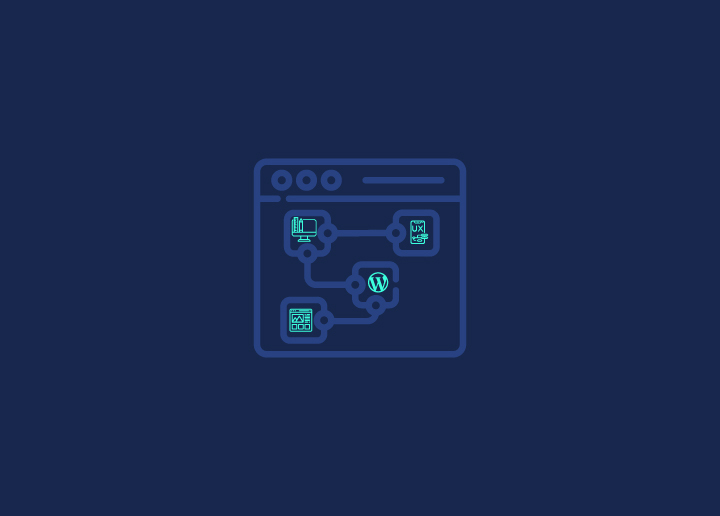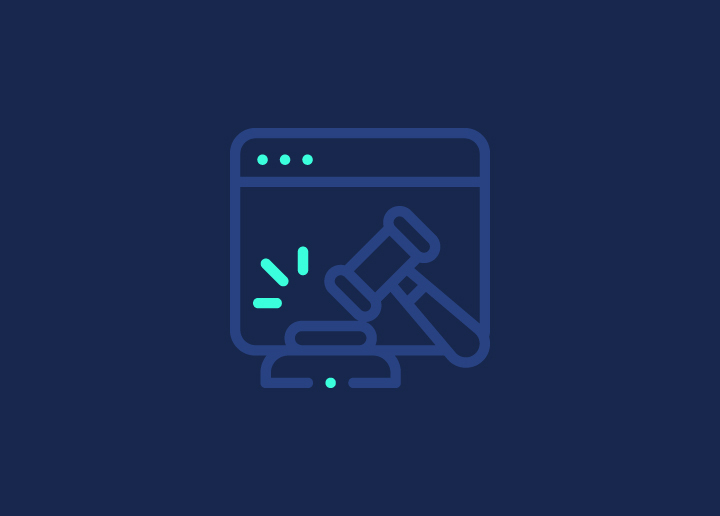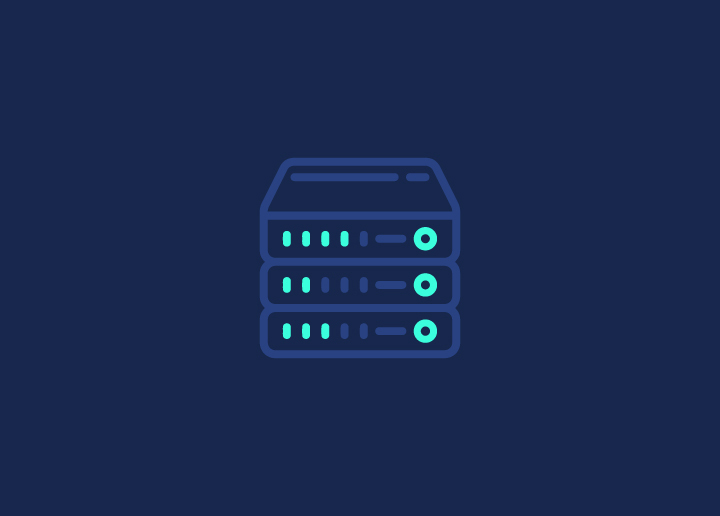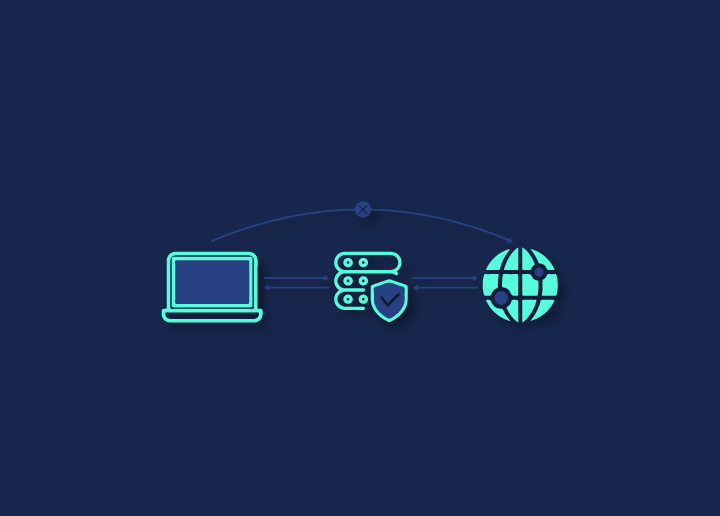A bare metal server is a physical server that is not running a virtualization layer. This means that each server can be used to run a single operating system and application. Bare metal servers offer several advantages over virtualized servers, including improved performance, increased security, and better utilization of resources.
Bare metal servers are well-suited for demanding applications such as big data, gaming, and video streaming. They are also often used for mission-critical applications that require high performance and security.
Benefits of Using a Bare Metal Server
A bare metal server is a physical server that is not virtualized. This means it does not have a hypervisor layer between the hardware and the operating system. This can provide many benefits, including:
1. Increased Performance: Without the overhead of a hypervisor, bare metal servers can offer increased performance. This can be particularly beneficial for resource-intensive applications such as video streaming or data analysis.
2. Improved Security: By having direct access to the hardware, bare metal servers can offer improved security. This can help to prevent malicious attacks and ensure that sensitive data remains safe.
3. Greater Flexibility: Bare metal servers can be easily customized to meet an organization’s specific needs. This allows for greater flexibility when compared to virtualized environments.
4. Reduced Costs: In some cases, bare metal servers can be less expensive than virtualized solutions. This is because there is no need to purchase additional licenses for a hypervisor layer.
Types of Bare Metal Servers
Bare metal servers are physical servers that are not shared with other customers or virtualized. This gives you complete control of the server environment and provides very high performance since there is no overhead from other users on the same physical server.
There are several types of bare metal servers, each with its benefits:
1. Dedicated Servers: A dedicated server is a single physical server leased to a customer. This customer can fully control and customize the server to their specific needs. Dedicated servers are ideal for businesses with high-traffic websites or demanding applications.
2. Managed Servers: A managed server is a physical server leased to a single customer but includes managed services from the provider. This means that the provider will take care of some or all of the management tasks for the customer, such as monitoring, patching, and backups. Managed servers are ideal for businesses that need more resources to manage servers themselves or who want to outsource some of the management tasks.
3. Cloud Servers: A cloud server is a physical server that hosts multiple virtual servers. Cloud servers are typically used by businesses that need the flexibility and scalability of a virtual environment. Still, they do not want to sacrifice the performance and control of a physical server.
Difference between Bare Metal and Virtual/Cloud Servers
The most significant difference between bare metal and virtual/cloud servers is that bare metal servers are physical machines, while virtual/cloud servers are not. This means bare metal servers can offer more features and performance than virtual/cloud servers, but they also come with a higher price tag.
Bare metal servers are typically used by businesses that require a high level of performance, such as video streaming or gaming companies. They are also popular among businesses, such as financial institutions, that need to store large amounts of data. Virtual/cloud servers are more commonly used by small companies or businesses that do not need the same level of performance as those that use bare metal servers.
Another difference between the two types of servers is that bare metal servers usually have a longer lifespan than virtual/cloud servers. This is because bare metal servers are subject to different wear and tear than virtual/cloud servers, which can experience downtime due to maintenance or updates.
Conclusion
All in all, bare metal servers offer organizations an excellent balance of performance, cost-efficiency, and scalability. They provide the power of dedicated hardware without sacrificing manageability or flexibility. With a wide range of customizations available to meet your specific needs, combined with round-the-clock support from Rackspace’s experienced engineers and system admins, you can rest assured that your business’ infrastructure is always performing optimally.
Want to know more about web hosting jargon? Check here!




















